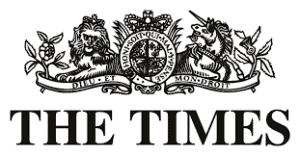Future Of Life Award 2023
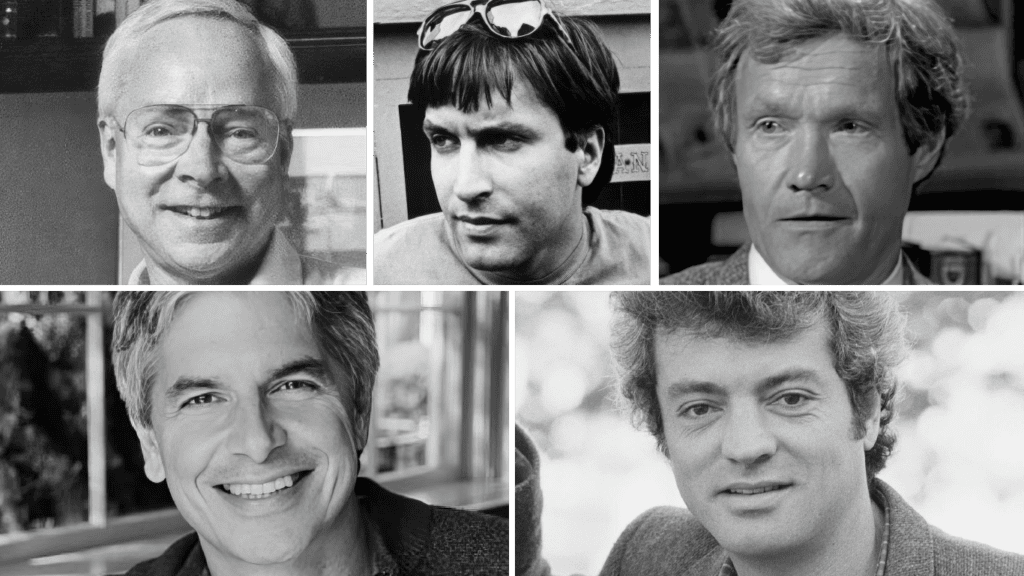
Contents
Preventing Nuclear War through Storytelling
In an era shadowed by the Cold War’s persistent dread, two films resonated powerfully with the public and world leaders. The 2023 Future of Life Award honors the visionaries behind these narratives: Walter F. Parkes and Larry Lasker are behind the riveting techno-thriller “WarGames,” while the groundbreaking television event “The Day After” comes from the visionary Brandon Stoddard, with Edward Hume as the screenwriter and Nicholas Meyer as the director.
Winners – WarGames
US Release: June 3, 1983
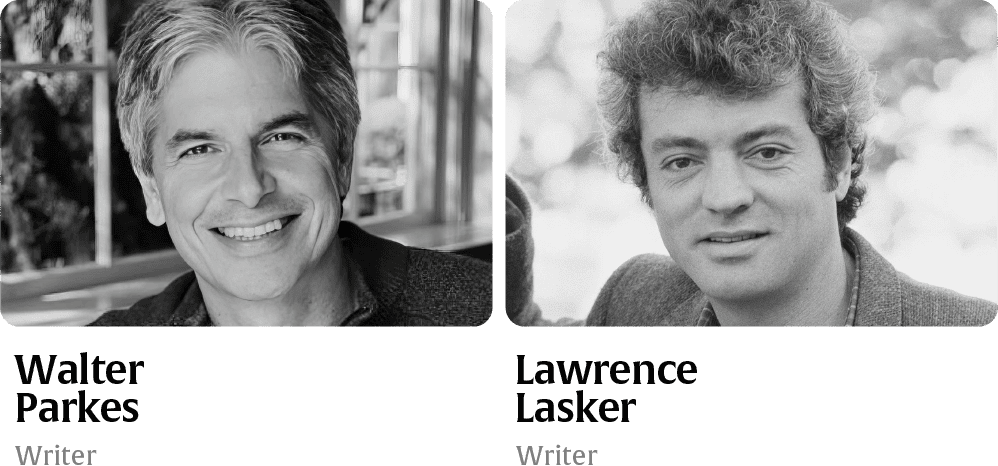
Winners – The Day After
US Release: November 20, 1983
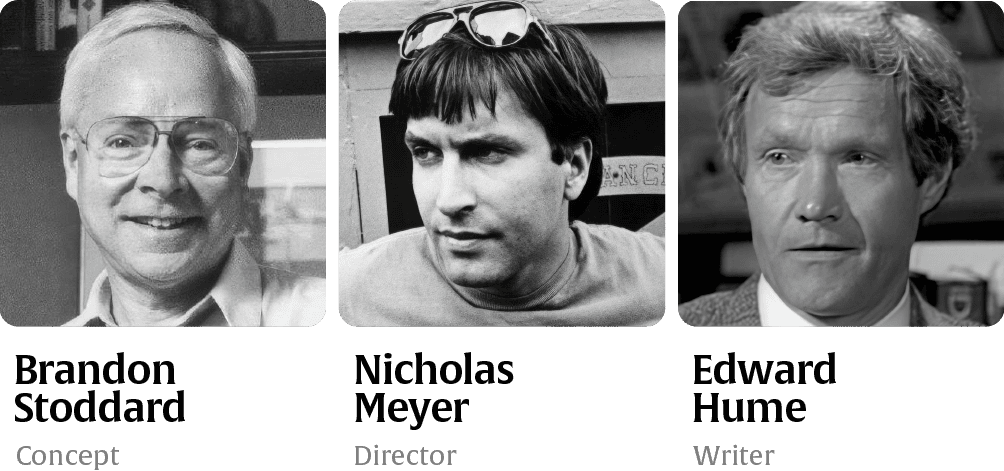
Released in the tension-filled year of 1983, these films not only reflected the era’s nuclear anxieties but also played a direct role in shaping policy. They went beyond mere entertainment, acting as significant catalysts for dialogue. These films influenced policymakers and raised public awareness about the grave risks associated with nuclear warfare, leading to tangible, preventative action from leaders.
Witness how their creative vision transcended the silver screen to safeguard the future of our world, as we celebrate their achievement with a video tribute to the 2023 Future of Life Award recipients.
Press release
Creators of “WarGames” and “The Day After” Win Award For Helping to Prevent Nuclear War
For Immediate Release
LOS ANGELES, November 13: The 2023 Future of Life Award celebrates Walter Parkes and Larry Lasker, screenwriters of techno-thriller WarGames, and Brandon Stoddard, visionary behind groundbreaking television film The Day After, along with screenwriter Edward Hume and director Nicholas Meyer. Forty years after their release, the award recognises how these films shifted narratives, boosted awareness around nuclear war and the threat of escalation, and even led to preventative action from leaders. These filmmakers made the world a safer place.
The Future of Life Institute (FLI), who present the award, have produced a short film about the films and their impact. Both released in 1983, they reflect growing tensions between the United States and USSR and widespread, existential fears that accompanied them. With their contrasting styles, both films played a profound role in reducing the threat of nuclear war, and serve as standout demonstrations of how different storytelling approaches can illustrate global issues and inspire action. Watching WarGames prompted President Reagan to explore the United States’ own cyber vulnerabilities when it came to defence and nuclear weapons, and to issue the first ever Presidential Directive on computer security 18 months later. Writer Walter Parkes explains:
“WarGames began as a character story about a precocious kid’s journey to a mentor, a brilliant, self-exiled scientist in need of a successor – but it was our own journey as writers which led us to the undeniable truth about the existential threat posed by nuclear weapons. We’re humbled and gratified that the movie and its underlying message – that for certain games, “the only winning move is not to play” – continues to resonate, and that the Future of Life Institute would acknowledge us for our work.”
The original broadcast of The Day After (November 20, 1983) was watched by more than one hundred million Americans. This unprecedented television event reignited non-proliferation debates and galvanised support for disarmament. Reagan’s memoirs An American Life reveal that the film changed his mind about nuclear policy, leading him to sign the Intermediate-Range Nuclear Forces Treaty in 1987, which significantly reduced Cold War nuclear arsenals. Director Nicholas Meyer remarks:
“Timing turns out to be everything. The Day After arrived at a confluence of culture, politics, policy and technology, uniquely positioning it to exert an outsize influence, which in turn allowed it to focus the world’s attention for an instant on the single most urgent topic: Earth’s survival. Such a confluence may never occur again…The line between altruism and selfishness is sometimes very thin. I made The Day After not only as a matter of altruism and principle, but also of simple selfishness. As a father, I felt – and still feel – that the survival of Earth is in my own best interests. And everyone else’s.”
The Future of Life Award honours individuals who, without having received much recognition at the time of their achievements, helped make today’s world dramatically better than it might otherwise have been. Director of FLI Futures Emilia Javorsky writes:
“These films and their creators showcase the profound role that storytellers can play in tackling some of our world’s most intractable and extreme threats. They serve as a leading example of how artists can help make the world safer by examining urgent issues in compelling and evocative ways, and in turn inspire our leaders to step up and take action. FLI is honored to celebrate them today.”
Featured on StarTalk Podcast
Hear the Future of Life Award 2023 featuring on this StarTalk podcast episode:
In the media
The story of these films and their impact on the world has been celebrated in other outlets in honour of the 40th anniversary of their release:
- CNN, How ‘The Day After’ brought Americans together – and helped end the Cold War, 17th Nov
- LA Times, The three filmmakers who saved the world, 20th Nov
Find out more
Below are some other resources related to the topic of the 2023 Future of Life Award:
- Apocalypse Television: How The Day After Helped End the Cold War – Book by Craig David.
- Artificial Escalation – What would happen if AI were integrated into today’s nuclear command and control systems?
- How would a nuclear war between the USA and Russia affect you personally? – How bad would it be if there was a nuclear war between the USA and Russia today?
- Imagine A World Podcast – Our recent podcast ‘Imagine A World’ envisions a positive future with AI.
Make a Nomination
Help us find our next unsung hero...
If you want to nominate someone for the Future of Life Award, please use the link below to access the registration page. Once registered, you will be able to submit your nomination with supporting links and documentation.
If we decide to give the award to your nominee, you will receive a $3,000 prize from FLI for your contribution.

Awards from other years
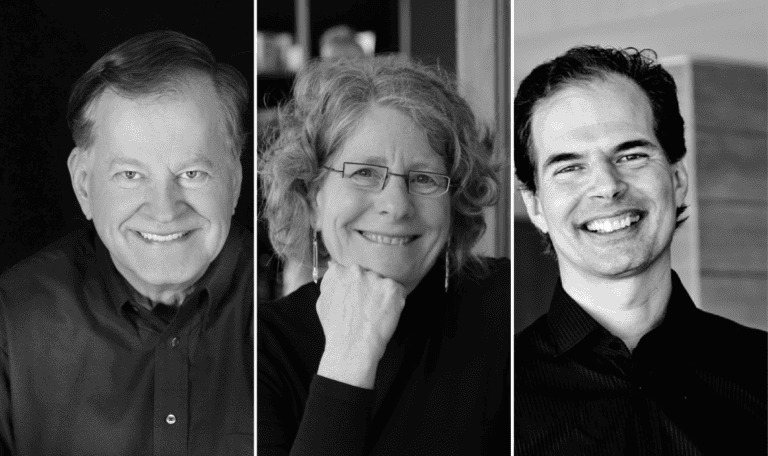
Future Of Life Award 2024

Future Of Life Award 2022
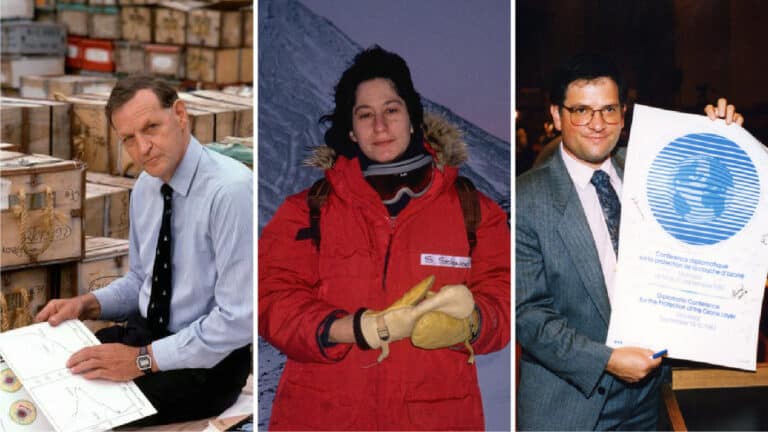
Future Of Life Award 2021

Future Of Life Award 2020
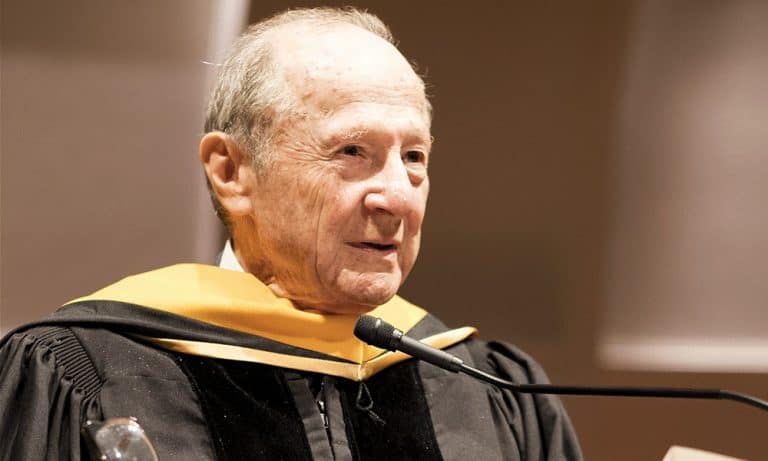
Future Of Life Award 2019
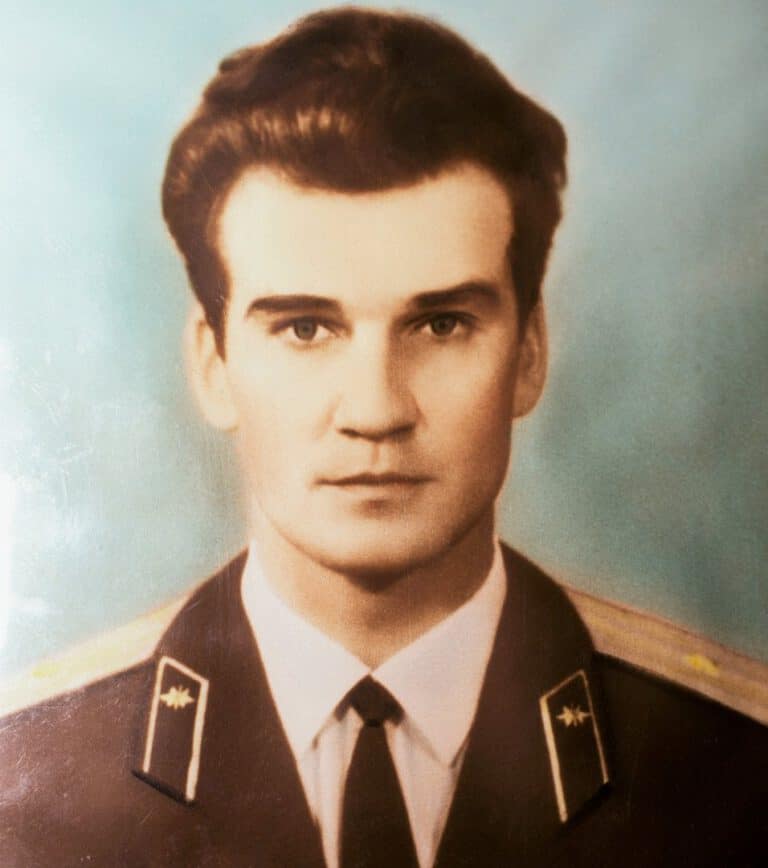
Future Of Life Award 2018


